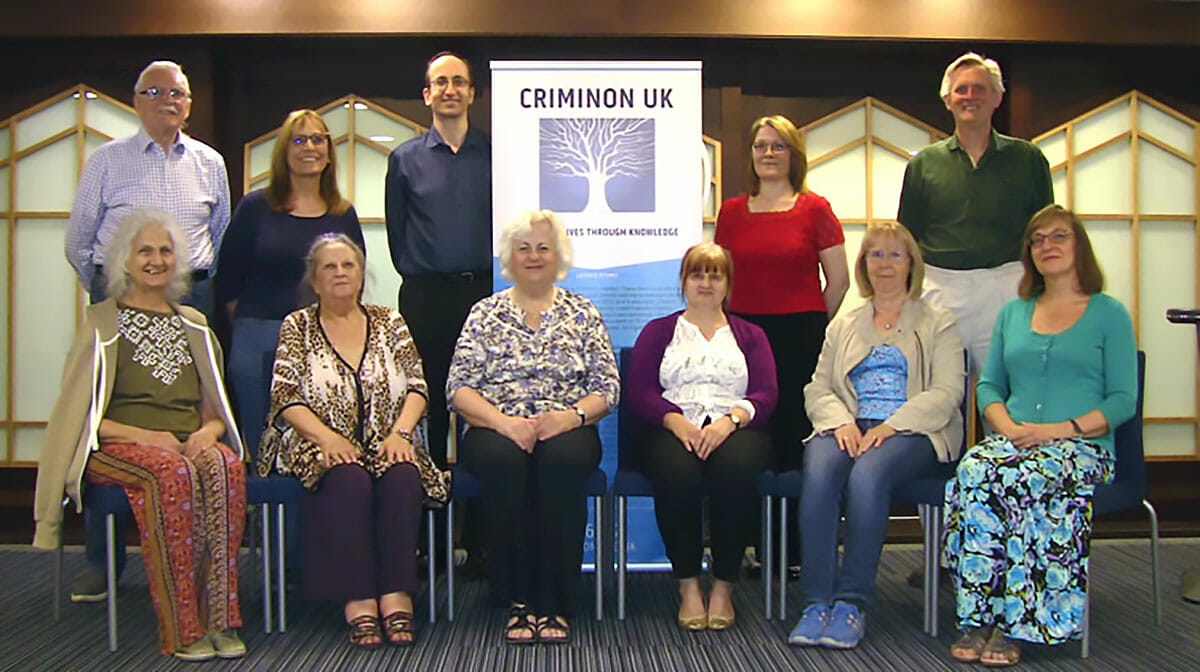
United Kingdom
The United Kingdom has some of the lowest crime rates of first world countries, with three distinct systems of jurisprudence operating in the region: England and Wales (as one), Northern Ireland and Scotland. Each has its own police and court system, with the UK courts being the final Court of Appeals for all.
Steeped in culture and anchored in tradition, these three judicial bodies were developed through the centuries by confluences and divergences of events between the countries of the UK.
English law is rooted in the Magna Carta (1215), one of the most famous documents in the world. It expresses the rights of the people against oppression and gives them the right to justice and a fair trial. The Bill of Rights (1688), and the Act of Settlement (1700) were also influencing documents on English law.
Though Northern Ireland has its own separate judicial system, it is similar to England’s, having been under English influence for centuries.
Scotland has its own judicial system, apart from England. Though there are some similarities, there are differences caused by the various influencing cultures and experiences of the Scots, through the centuries.
The UK has one of the most efficient criminal justice systems in the world, blending statute law, precedent, and tradition to mete out legal decisions and sentencing.
Crime Statistics in the United Kingdom
Crime statistics are closely monitored across the United Kingdom. Published stats are based on two data bases: the Crime Survey for England and Wales (CSEW) and data recorded by police, giving a full picture.

In the UK The crime rate as a general occurrence (not examining specific crimes) is falling as evidenced by the following:
- The overall crime rate has fallen from 110 per 1000 people in 2003 to 96.3 per 1,000 population in 2019-2020.
- Of all UK nations, Scotland’s crime rate has fallen the most, receding from 82.6 crimes per 1,000 population in 2003 to just 45.1 crimes per 1,000 population in 2019.
- Criminal offenses involving guns fell by nine percent from 2019 to 2020, and crimes involving knives fell 1 percent during the same period.
- Prison population of England and Wales is 179 per 100,000 (compare this to 655 in the US)
- The UK ranks 174th in the world in murder and 3rd in Western Europe (1.20 per 100,000). Though relatively low, the murder rate is at its highest in the last decade.
The Criminal Justice System in the United Kingdom
The criminal justice system in the United Kingdom contains seven key sectors. These are:
The police: There are 43 police forces across the United Kingdom. They are responsible for “Investigation of crime, collection of evidence and the arrest or detention of suspected offenders. Once a suspect is held, in minor cases the police decide whether to caution them, take no further action, issue a fixed penalty notice or refer to the CPS.” (Crown prosecution service of England and Wales)
The courts: (HM Courts & Tribunals Service). Simply stated, this branch deals with the administration of criminal, civil, and family courts.
The Law Officers: This branch presides over the Crown Prosecution Service and the Serious Fraud Office.
The Ministry of Justice: The Ministry of Justice is responsible for the courts, prisons, probation services, and attendance centers. This sector works with criminal, civil, and family justice and democracy issues, rights, and the constitution.
The Home Office: The Home Office presides over immigration, passports, drug policy, crime policy, counter-terrorism, and police.
Her Majesty’s Prison & Probation Service: This branch focuses on rehabilitating people post-incarceration, primarily through education and employment.
Her Majesty’s Crown Prosecution Service Inspectorate (HMCPSI):The judicial system’s oversight branch carries out the following mandate: “Her Majesty’s Crown Prosecution Service Inspectorate (HMCPSI) inspects the work carried out by the CPS and other prosecuting agencies. Their purpose is to enhance the quality of justice and make an assessment of prosecution services that enables or leads to improvement in their efficiency effectiveness and fairness.”
Penalties for Crimes Committed
Criminal sentences in the United Kingdom fall under four primary categories. These are:
- Discharges
- Fines
- Community sentences
- Suspended sentence (violation of conditions means imprisonment)
- Custodial (prison) sentences
Discharges are simply a conviction with no punishment, as in the case of a very low-level offense.
Fines are the most common form of punishment.
Community sentences can include unpaid work, getting treatment for an addiction, or preventing the defendant from going to a specific place or area.
Suspended sentences means that the offender will be under certain restrictions for a designated period of time. If these restrictions are violated, then the offender will go to prison. Suspended sentences can be short, or as long as a lifetime.
Custodial offenses involve time served in a penitentiary for a designated period of time, up to an entire lifetime.
Criminal Justice Reform – Improving the System
Criminal justice reform efforts have been ongoing in the United Kingdom for almost as long as there have been criminal justice programs. Until the early 19th century, most criminal justice was carried out on a local level. But beginning in the early 19th century and carrying forward to the present, criminal justice has become more centralized. Now all criminal justice is supervised by the Home Office.
With a centralized system, criminal justice reform is more organized and uniform in the UK than it might otherwise have been. For example, some of the monumental achievements of criminal justice reform in the UK include:
- The UK reformed its prisons in 1952 with the Prison Act.
- The United Kingdom abolished the death penalty in 1965.
- The Police and Criminal Evidence Act of 1984 gave suspects new rights.
- The Police Reform Act of 2002 introduced police community support officers. It also reformed the outmoded police complaints system.
As public efforts to reform criminal justice continue, it is almost certain that the UK’s criminal justice policy will continue to evolve in a manner that keeps with the times, while keeping with the tradition of recognizing the rights of its people.
Sources:
- https://www.bjs.gov/content/pub/pdf/wfbcjsew.pdf
- https://www.ons.gov.uk/peoplepopulationandcommunity/crimeandjustice
- https://www.statista.com/statistics/1030625/crime-rate-uk/
- https://www.cps.gov.uk/about-cps/criminal-justice-system
- https://www.parliament.uk/about/living-heritage/transformingsociety/laworder/policeprisons/
- http://www.ltscotland.org.uk/the-differences-between-the-english-and-scottish-law/
- https://theconversation.com/should-wales-separate-from-englands-legal-system-56097
- https://en.wikipedia.org/wiki/Crime_in_the_United_Kingdom
- https://www.bl.uk/magna-carta/articles/magna-carta-an-introduction




